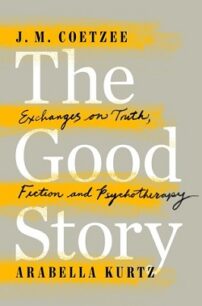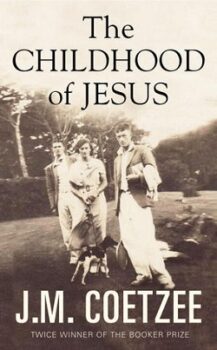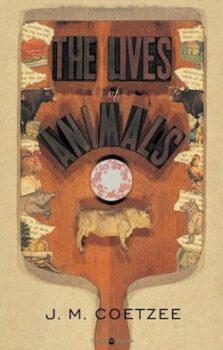The Good Story Exchanges on Truth, Fiction and Psychotherapy by J. M. Coetzee, Arabella Kurtz
The Good Story is a fascinating dialogue about psychotherapy and the art of storytelling between a writer with a long-standing interest in moral psychology and a psychotherapist with training in literary studies. Coetzee and Kurtz consider psychotherapy and its wider social context from different perspectives, but at the heart of both of their approaches is a concern with narrative. Working alone, the writer is in control of the story he or she tells. The therapist, on the other hand, collaborates with the patient in developing an account of the patient’s life and identity that is both meaningful and true.
In a meeting of minds that is illuminating and thought-provoking, the authors discuss both individual psychology and the psychology of the group: the school classroom, gangs and the settler nation, in which the brutal deeds of ancestors are accommodated into a national story. Drawing on great writers like Cervantes and Dostoevsky and psychoanalysts like Freud and Melanie Klein, Coetzee and Kurtz explore the human capacity for self-examination, our wish to tell our own life stories and the resistances we encounter along the way.




